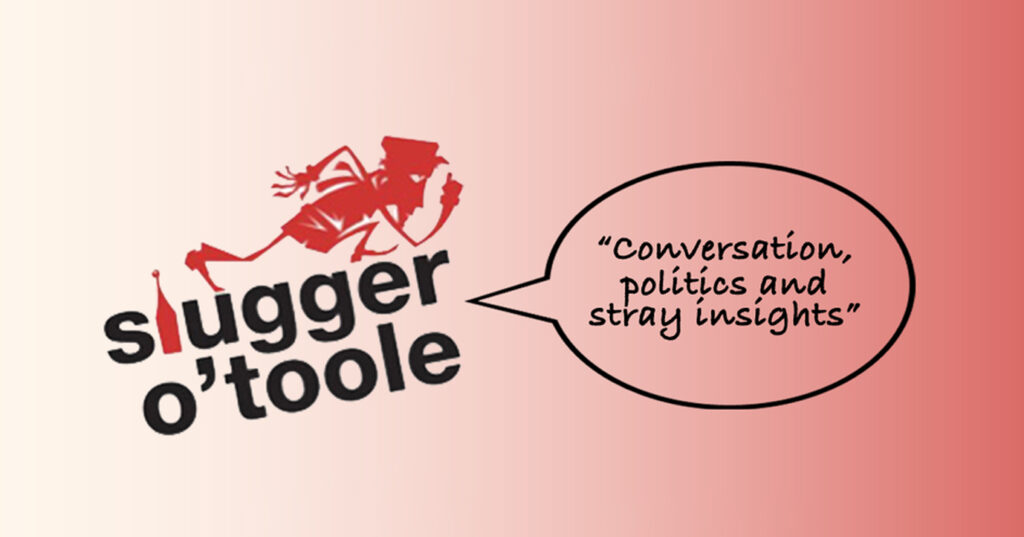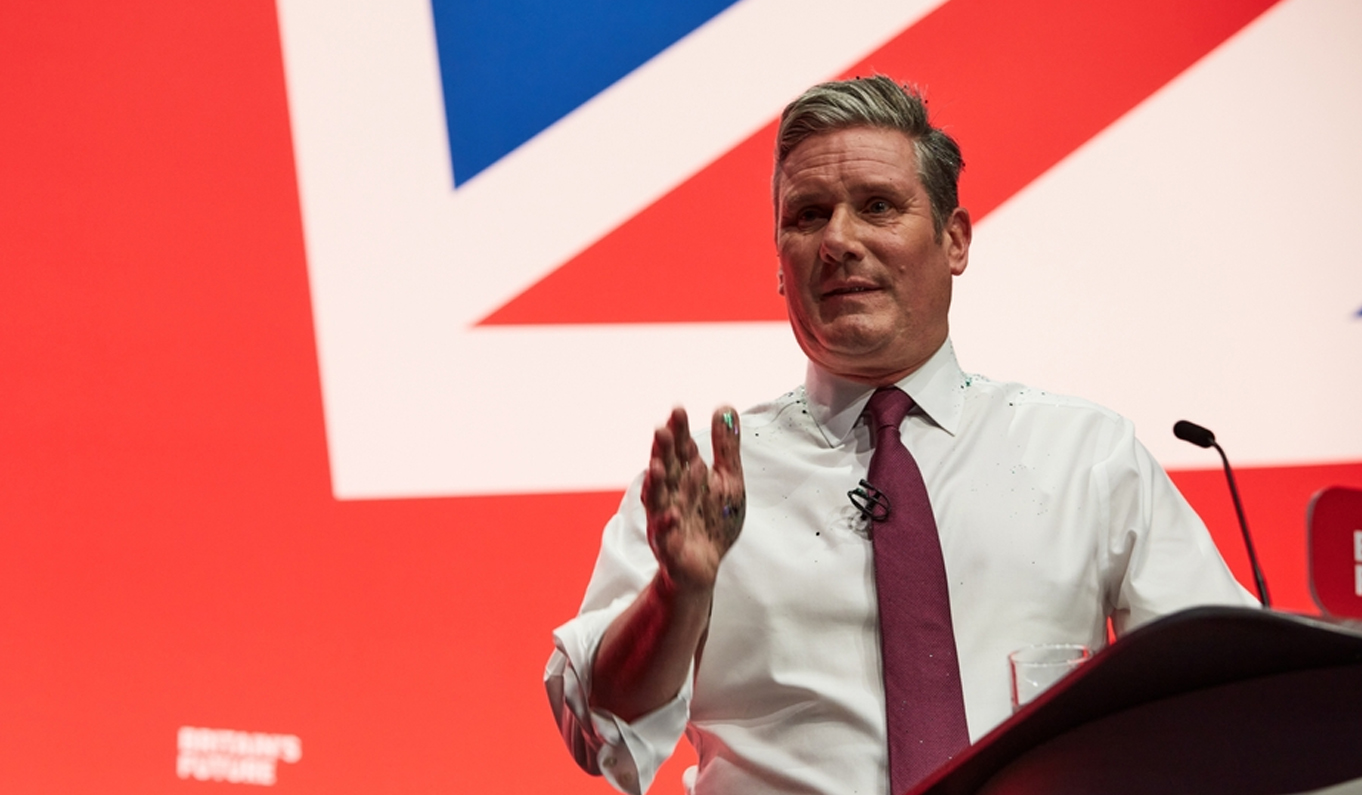
In an article for Slugger O’Toole Lord Ashcroft discusses what he feels might help the Tories win at the forthcoming General Election.
SluggerOToole.com – 25th July 2014
By Lord Ashcroft KCMG
Since I stepped down as the Conservatives’ Deputy Chairman in 2010 my role has been that of the pollster, not the strategist. I set out the lie of the land as objectively as I can; what the parties do to conquer the territory they need is up to them. But there are some clues about whom the Tories need to persuade, and what they need to persuade them of.
At the last election the public had decided they had had enough of Labour, but they were not convinced they wanted a Tory government instead. From the point of view of governing the country, then, going into coalition was the only realistic option at the time for David Cameron, as I explained in Minority Verdict, my account of the 2010 campaign. Even so, from the moment the coalition was formed, victory at the next election looked like an uphill struggle for the Conservatives.
For one thing, Labour’s numbers were boosted by disgruntled Liberal Democrat voters horrified that their party, which they had always thought of as the left-wing alternative to Labour, had gone into government with the Tories (and never mind that Nick Clegg had always said that in a hung parliament he would talk first to the party with the most seats and the most votes).
Not long after, Conservatives unhappy with the inevitably compromises of coalition started to drift to UKIP. They were not the only voters to do so – former Lib Dems in search of a new none-of-the-above option also defected, together with previous Labour supporters who felt their party no longer represented them – but UKIP’s rise hurt the Tories most of all.
As in the years before 2010, the Conservative Party struggled to attract new voters to replace the defectors and overcome the replenished ranks of the opposition. During their time out of government the Tories never managed to dispel the perception that they were not on the side of ordinary people, and they have found it even harder to do so while presiding over the age of austerity. The party’s long term future depends on appealing to those who may never have considered it before – not least ethnic minorities and younger, northern and urban people for many of whom the idea of voting Tory is completely alien – but it is too late to fix the brand before May 2015.
Despite all this, according to precedent the prospects do not look too bad for the Tories. Labour lead only narrowly, and the opposition’s support usually erodes rather than grows as polling day approaches. The economy is on the up, even if most people are yet to feel personally better off. The Conservatives are also more trusted than Labour on economic management, and David Cameron trounces Ed Miliband on practically every measure of leadership.
This is usually an unbeatable combination at an election. But how far will precedent apply in 2015? With a coalition government, a prominent fourth party, a less tribal electorate and people ever less willing to vote for whichever of the two main parties they dislike least, the old assumptions may no longer hold. My recent battleground research has found UKIP actually leading in seats like Thurrock and Thanet South traditionally slugged out between Labour and the Tories, and the Greens picking up disaffected former Lib Dems in places like Norwich.
The Conservatives therefore face an unenviable task. When it comes to the economy, they need to be able to explain that their policies are working and, at the same time, that the job is not finished and Britain needs more of the same. Moreover, people need to understand the end to which austerity is the means. How will the “Long Term Economic Plan” benefit them when it comes to personal prosperity and public services? Questions like immigration and the EU referendum are also important for many, but are not top priorities for all those the Tories need to win over.
When it comes to leadership, the Tories must contend with the fact that while some will vote Conservative because of David Cameron, many will vote Labour despite Ed Miliband. They should certainly exploit the leadership gap – but not repeat the mistake of 2010 and waste valuable airtime telling people what they already know about the other side.
After the election, one of two parties will be in government, and one of two people will be Prime Minister. As things stand, too many people think that who gets to call the shots in Whitehall is neither here nor there. The Tories, like Labour, need to show that it matters who wins.



